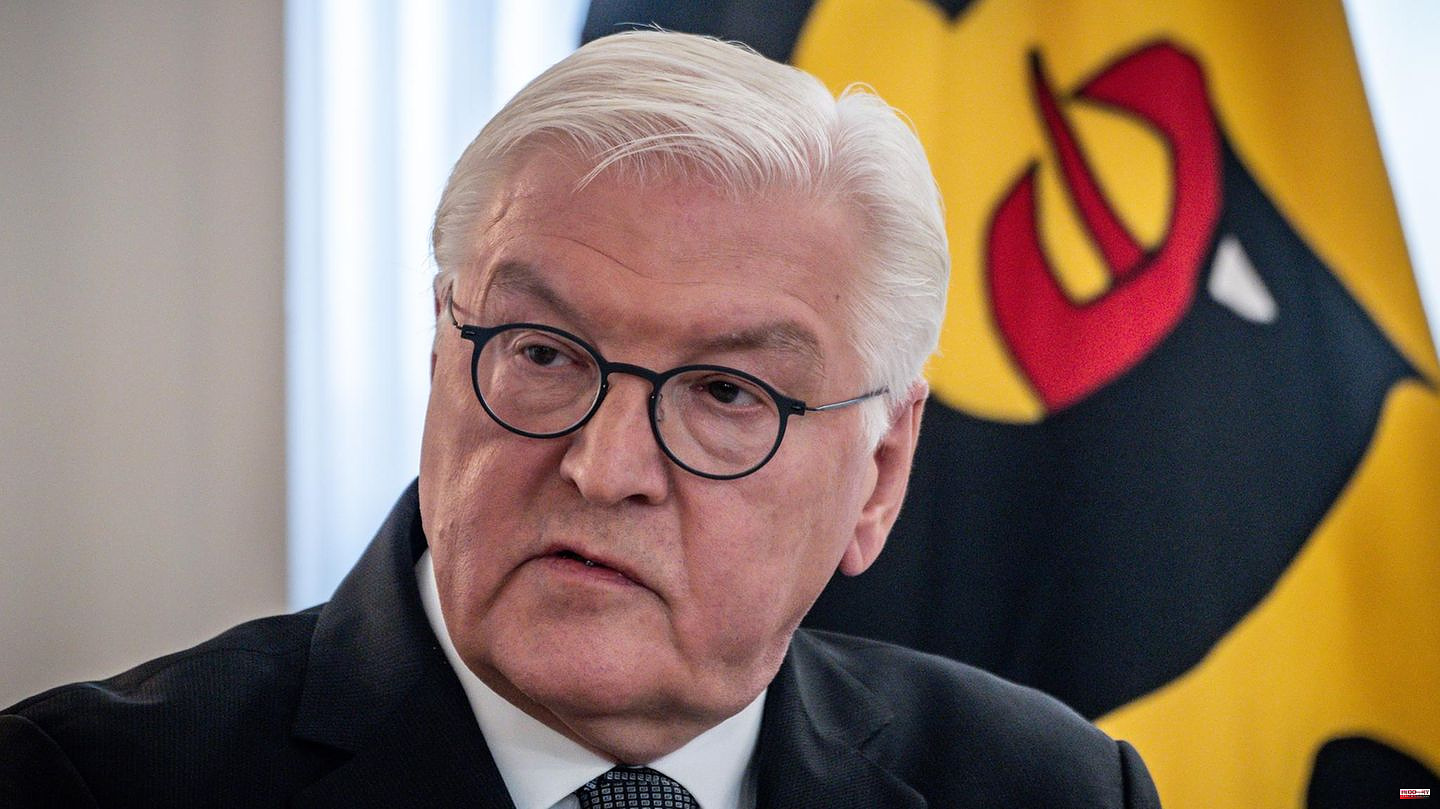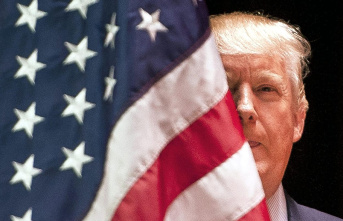When Steinmeier went to his lectern this Friday, something in the audience caught his eye: Young people were sitting between all the guests of honor, between the President of the Federal Council, the leader of the opposition and the ambassadors. Such that even a trained eye cannot recognize as prominent. You have been invited by the German National Foundation to "enter into a dialogue with the Federal President about the future of Europe from the perspective of young people". The dialogue then starts in a rather monologue-like manner with a 40-minute speech by the Federal President. He also talks a lot about the young generation. But really understand what moves them? He doesn't seem to be able to do that.
In his speech, Steinmeier expresses what has become a bitter realization in the minds of the population over the past few months: It will not get better, rather: It will get worse. The certainty that the future will bring more freedom, more prosperity, more equality and justice has been broken for good since the beginning of the war. In Steinmeier's words: "An epoch against the wind is beginning for Germany." Finally someone is saying it, finally someone is admitting it: Not only will it be different, it will be more difficult. That honesty is refreshing.
Steinmeier also talks about the many good years in which one was able to gather strength for what is to come. It says: "These were years of peace dividends, from which we Germans in the heart of a united Europe benefited greatly."
What he forgets: Not everyone who hears this has already had 40 or 50 good years in which things have only been going uphill. For the people among all the guests of honor, what comes next will be a big part of their lives. You had maybe 20 years to date. (And spent months alone in their shared room in front of zoom tiles.) For these people it is painful that the best years should now be over.
Steinmeier cannot do anything about that. And that's why it's right that he says what's to come. Just because the truth sucks doesn't mean he can ignore it. But he could at least perceive, acknowledge, mention the pain. It's not just master bakers, entrepreneurs and single parents who are afraid of the future. Not even a quarter of people between the ages of 14 and 24 assume that in 2050 people will live together more peacefully. That was the result of a survey by the Vodafone Foundation in September 2021 - before the war. Only eight percent believed that future generations will be better off. 86 percent said they are worried about the future.
A President should take this seriously. Instead, in his speech, Steinmeier develops an attitude of expectation towards the younger generation: "It is now up to you to take responsibility, to get involved, preferably critically, not destructively, and to change our country." Steinmeier repeats his call for a compulsory period in which one must commit to the "common whole".
That's cheeky. Because the concern of the young does not only come from the war. It also stems from the fact that they know that their parents' life model is no longer realistic in this world in times of the climate crisis. Yes, in his speech Steinmeier also calls on older people to reconsider what they are used to. But he would never have thought of devoting a large part of his speech to climate change if young people hadn't been getting involved for years to draw his attention to it.
It's not about playing old and young off against each other. The last few decades happened as they happened. But now Steinmeier should at least not demand that the young people get involved, be critical and committed. He shouldn't only mention them when it comes to getting something from them. He should just take them seriously when they talk. Then maybe they don't throw mashed potatoes at paintings.












